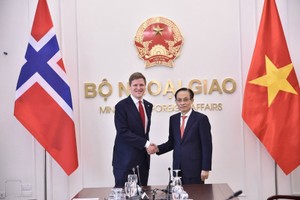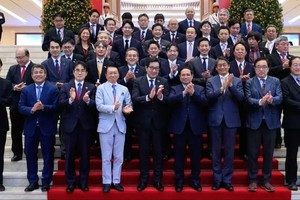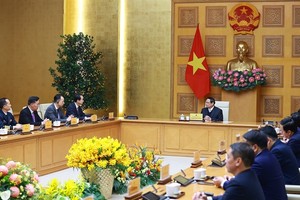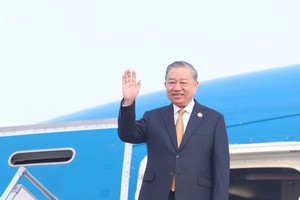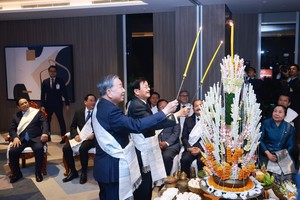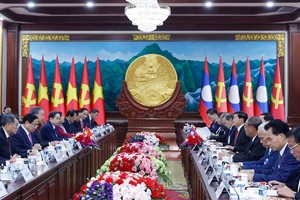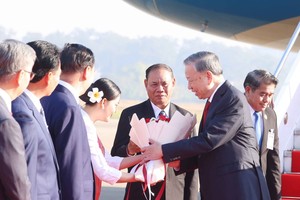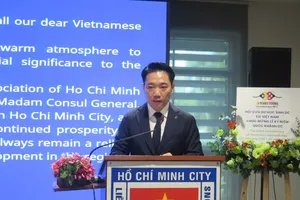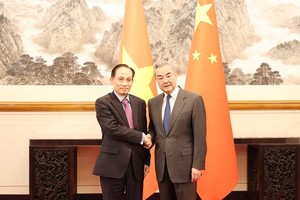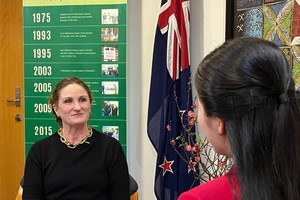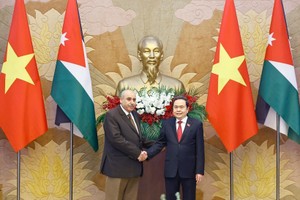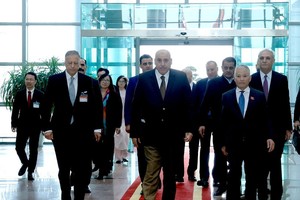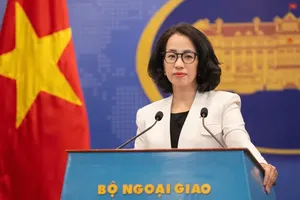In an interview with Yonhap News Agency, Mark Field, minister of state for Asia and the Pacific, also said the North has begun to feel the pinch of international sanctions, citing diplomats based in Pyongyang.
"We do have a very small amount of ODA (official development assistance) that comes through the department for international development programs. All the work we have done in this regard has been on a humanitarian basis," he said.
"You have a relationship with a country and you expect to have some sense of normal conduct. That being absent at the moment, these relatively limited humanitarian programs will be discontinued," the minister noted. "It was felt to be difficult to justify at a time when there are a lot of other issues that we want to have an impact on (through ODA)."
The minister said the assistance will be resumed only if the North Korean leader changes his attitude. "If Kim Jong-un starts to behave in a responsible and less reckless way in the international community, there will be opportunities for us to continue at some future point."
"We will use whatever means we have to make clear our displeasure at the reckless provocations from Kim Jong-un," he added.
Field also said it is "very clear" that international sanctions on the North are beginning to bite, based on information from its embassy in Pyongyang.
"There's a sense that there are shortages in the shops. There is anecdotal evidence that we have from sources on the ground. So it's clearly having an impact," he said.
He added the U.K. wants to "see everyone returning to some sort of diplomatic norms and get to open discussion and negotiations on the way" to resolve the North Korean nuclear issue.
Field also referred to the case of Thae Yong-ho, a former London-based North Korean diplomat who defected to South Korea with his family. He said the defection case signifies the importance of keeping contact with North Koreans open.
"He was No. 2 in London and has lived in the U.K. for many years. The defector had been in London and watched his children grow up, seeing the opportunities the children would have going to British universities in the British schooling system. It had an impact on him over a period of time," he explained.
"Look at regimes such as North Korea and other oppressive regimes. More often than not they collapse not because they are overthrown in military terms, but they collapse because of inconsistency. It means internally they fall apart," he pointed out.
"I am absolutely sure there are opinion formers in Pyongyang today. You might think of (them as) entirely behind the regime, but some of the people will have doubts and they may well be the people who in their fine analysis will be able to have an impact," Field said. "The more we try and keep lines of communication open, we are opening the minds of the next generation. That is really how diplomacy works."
